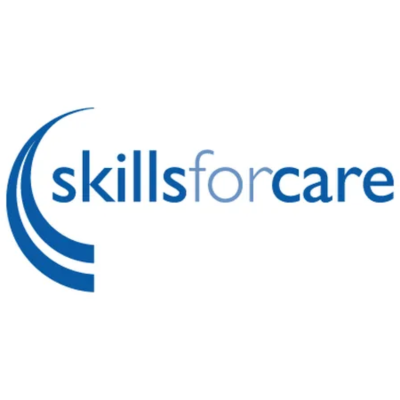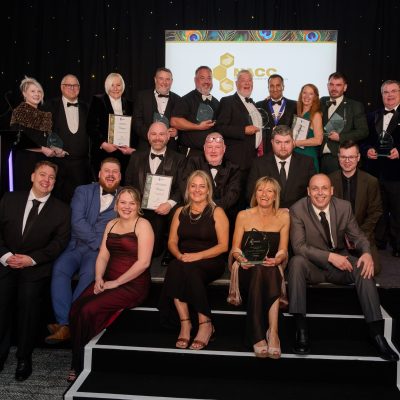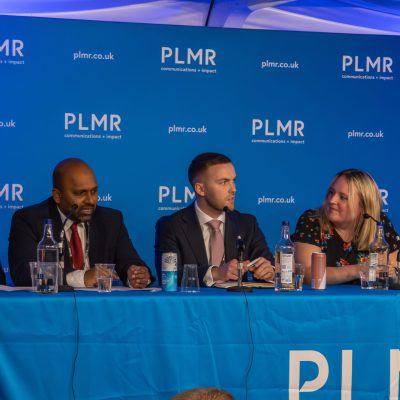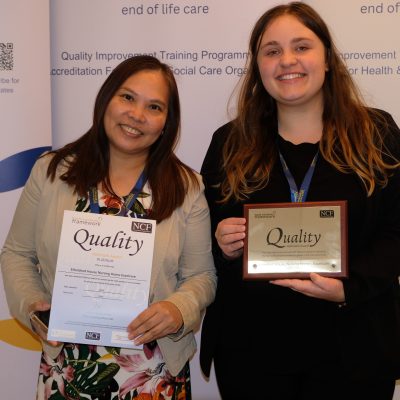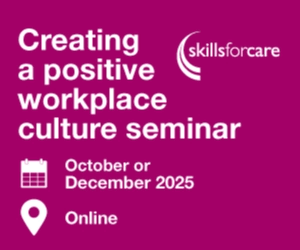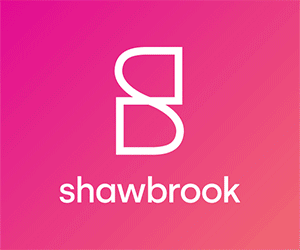Skills for Care shares how the co-produced LGBTQ+ Learning Framework is driving more inclusive, affirming care for older LGBTQ+ people across the sector.
The LGBTQ+ Learning Framework aims to provide a base for identifying the insights, knowledge, understanding, and skills that the social care workforce needs to work affirmatively, inclusively, and effectively with individuals from gender-and/or-sexually-diverse communities.
The Framework is intended to be used by social care employers, employees, training providers, regulators, commissioners, policy makers and others to build their own knowledge of LGBTQ+ issues, to support colleagues’ understanding, and to create learning programmes that will allow teams to better support LGBTQ+ people in later life.
It includes a background on LGBTQ+ issues and awareness; a look at health and wellbeing issues later in life – including research about LGBTQ+ inequalities, and information on providing personalised care and support. This covers topics of intersectionality, supporting people with dementia or HIV, and understanding intimacy and sexuality later in life. The Framework also includes recommendations for leadership, education, and service development to continue to improve care and support in this area.
The Framework will support social care services and organisations to:
- include LGBTQ+ issues in the education and training of the workforce
- include LGBTQ+ issues in the everyday care and support of people in later life
- guide the aims and focus of LGBTQ+ education and training based on evidence
- conduct a training needs analysis and design training which meets a minimum standard of performance and capability in its assessment and provision of care to LGBTQ+ individuals in later life and their communities
- embed the relevant topics, areas, guidance, and learning resources into its recruitment, induction, supervision, appraisal, and career progression processes.
As well as being a collaborative effort between Skills for Care, the University of Strathclyde and the LGBT Foundation, crucially, the Framework was developed by drawing on the lived experience of older LGBTQ+ people.
This involved three in-depth workshops with a diverse range of older LGBTQ+ people focusing on their understanding of each subject area and why it was important. Participants shared key messages from their lived experience for the social care workforce, particularly about knowledge and values; their priorities for training and education and the outcomes desired.
One person with lived experience who was involved with the production of the Framework said:
“I am a 74-year-old trans woman who was involved in the project. It is important to me that this framework was co-produced with the LGBTQ+ community. This piece of work is important to me because it could make a difference to me personally in my later years. It will enable younger trans men and women to no longer have to fight to ensure that they can have care without discrimination and that all of us can be treated with respect. Empathy and compassion is critical in learning how to treat trans people as people, to respect their choice to be who they have decided to be. Give us respect and let us retain our dignity. I would like this piece of work to inspire an integrated comprehensive training programme across the UK. This should ensure that social care staff treat all LGBTQ+ people with respect.
The Framework has captured and mapped a range of freely available resources which have been developed from research findings for the purpose of exchanging knowledge to inform policy and practice. These resources give particular emphasis to the personal stories and narratives of people with lived experience and allow their voices and experiences to be heard.
Interactive activities such as storytelling, which include the voices of LGBTQ+ people in later life are more likely to enhance learning that is experiential, work-based and reflective.
The additional toolkit expands on the LGBTQ+ learning framework, offering guidance and practical learning activities for organisations looking to initiate or strengthen their commitment to LGBTQ+ affirmative care. It features best-practice examples from organisations actively working in this space, evidencing how engagement with the learning framework is driving meaningful change.
Training alone cannot support the organisational change needed to tackle deep-seated prejudice and exclusionary practices within care organisations. Therefore, strategies to develop the workforce and improve professional practice with service development needs a holistic programme of activities designed to promote LGBTQ+ inclusion and to encourage staff to recognise their own learning needs and responsibilities for their own development.
This Framework is a vital step forward in improving best practice and outcomes for all.


